Arthur Parkinson: I am a cleaner, security guard and matron to my happy hens
In his first regular chicken-keeping column for ‘Country Life’, Arthur Parkinson introduces his brood and touches on the importance of good housekeeping.
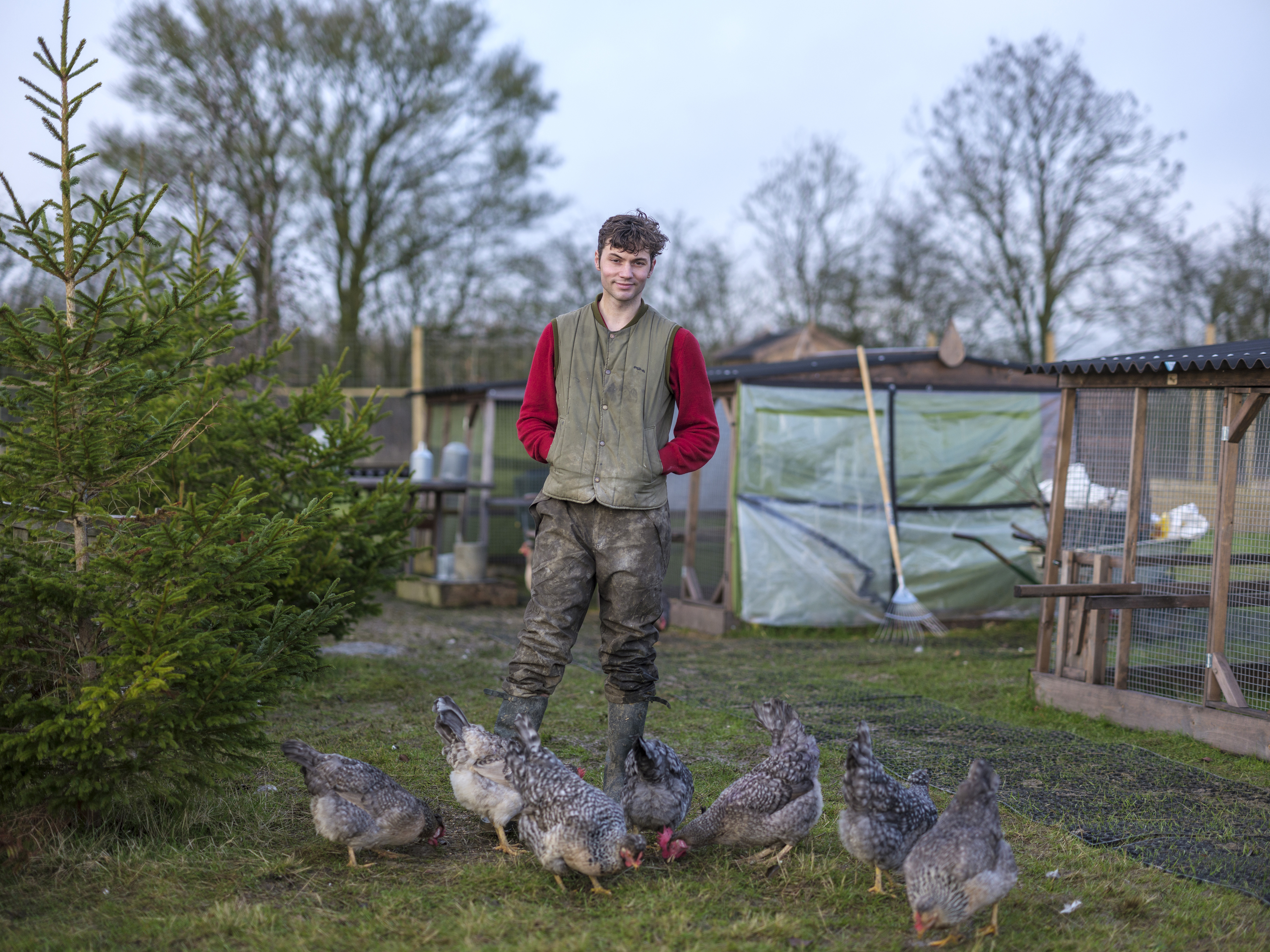
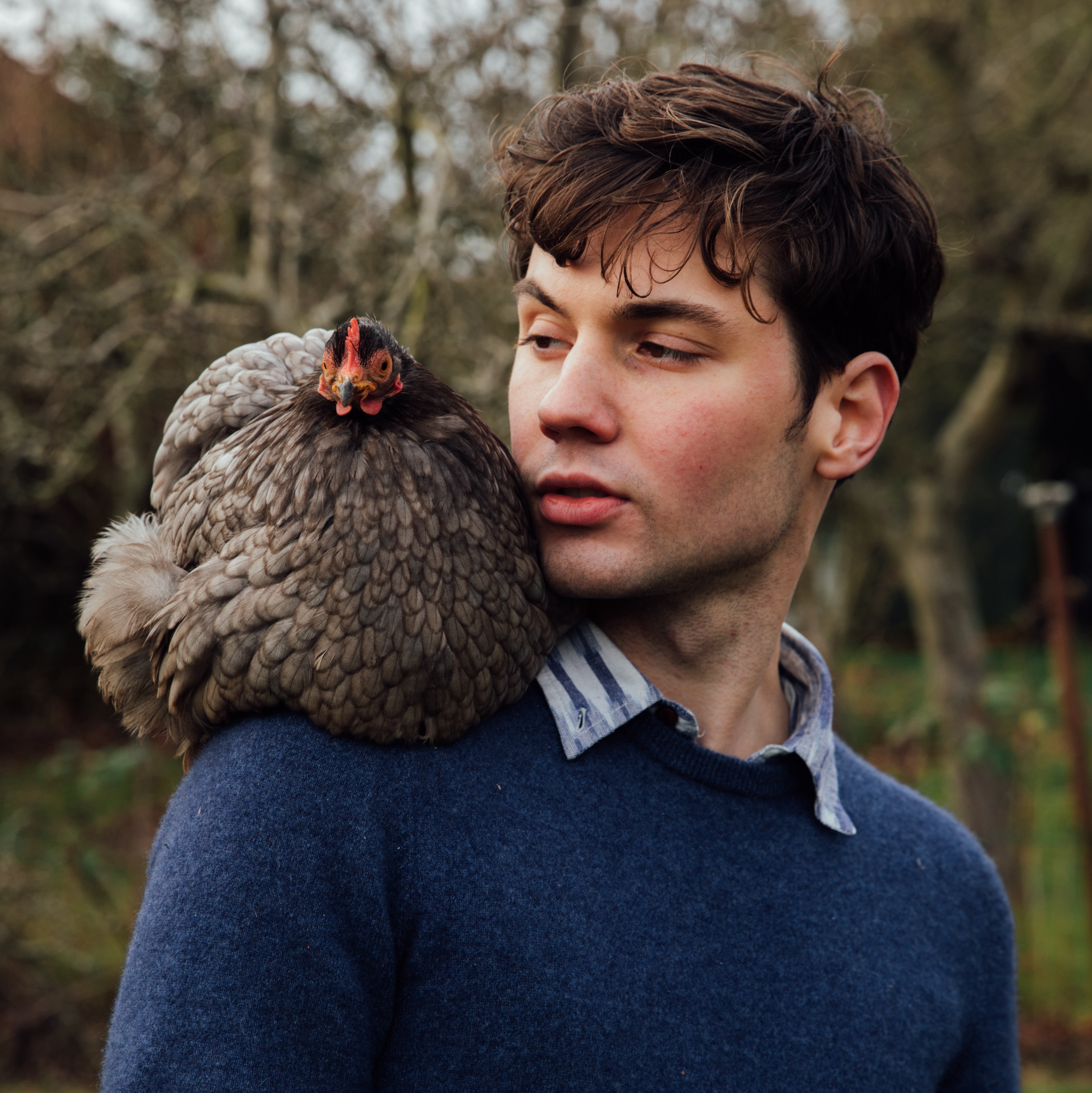
I would really struggle to chat if I didn’t have the topic of my chickens to call on — in fact, I’d be the first to admit that I’d have very little to cluck about at all!
The daily sight of my well-nurtured hens, come rain or shine; of them bustling about cheerfully with their little consistent daily routines is a joy to behold. I derive such a sense of pride from the fact that they are healthy and that they are such good examples of their various breeds — especially so when young chicks, hatched through the spring months, begin to grow into debutant hens; their individual feathers become apparent; their faces ripen to a raspberry blush.
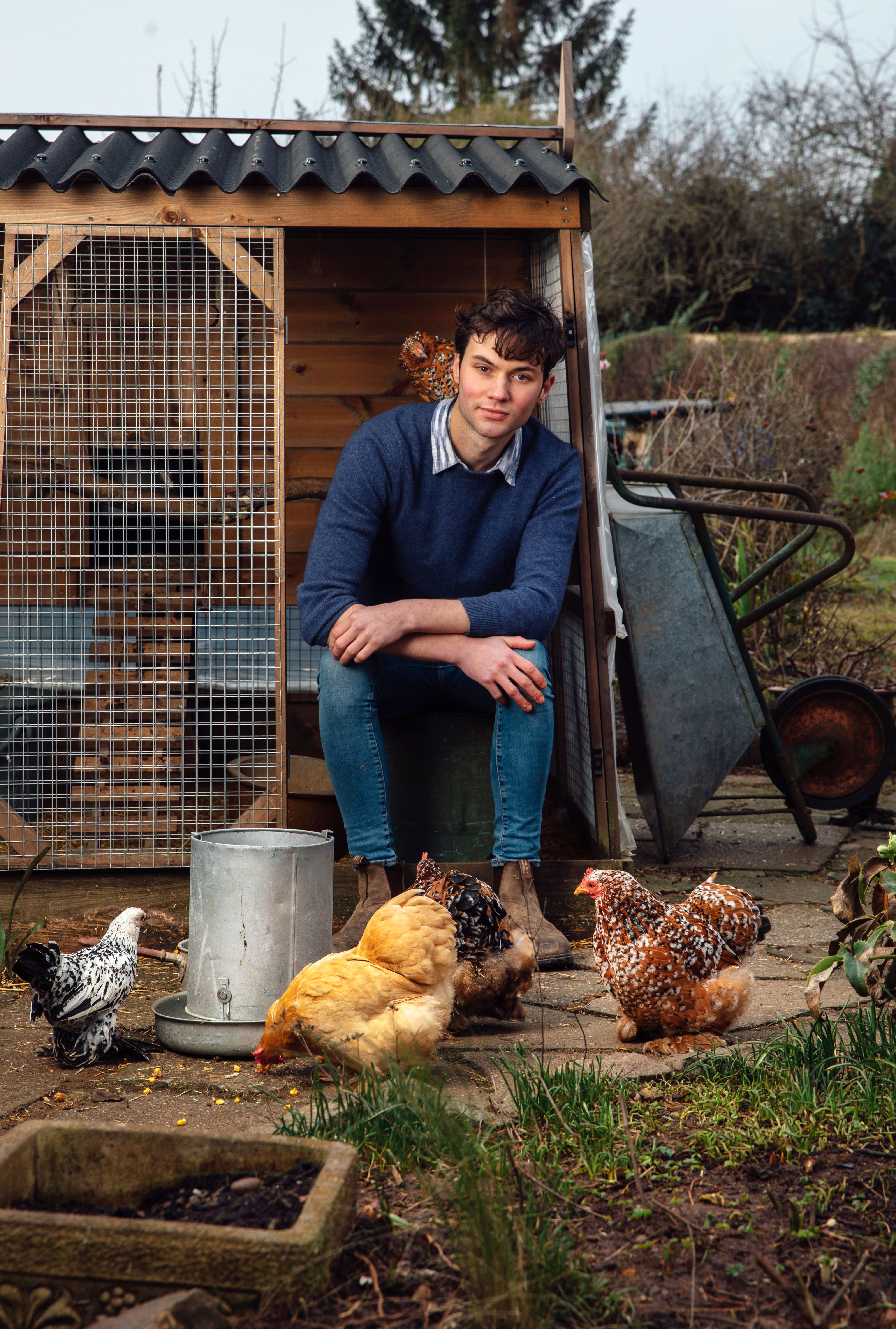
The flock certainly knows who I am. When I appear, whistling in greeting, they all come running up to the gate, quite giddy and cackling. Healthy hens are always a bustle of animation — aside from when they are preening, laying or sunbathing. And even more so with the traditional breeds who are constantly on the go; curious and energetic. They lend many a period drama film a suitable backdrop for this very reason.
However, a hen keeper has to take on multiple roles to ensure happy hens. I am, most importantly, a cleaner because hen houses must be kept just so and airy. In my mind, my hen houses are thoroughbred horse stables and a daily scrape out of their droppings is a must. I am also a dutiful security guard against a worrisome number of predators — and if you choose to let a hen hatch a clutch of eggs you soon become a sort of matron; moving the mother to a prepared nest and monitoring progress. There is reward to this work: daily eggs, to eat, not to hatch.
Oh and to ensure good yellow yolks you must play at gardener and look after the grass your hens peck on, too. It is grass, afterall, that makes an egg taste delicious!
Visually, eggs, with their individual mottled shell patterns and colour, can easily compete with a Farrow & Ball paint chart. And when it comes to freshness, they are superior to even the most well-marketed and welfare-assured shop-bought eggs. It is this — the thrill of ferreting around for breakfast inside the cosy nesting boxes — that lures so many of us to keep our chickens. Surely, children and adults alike can recall the first time they collected their first full basket? An egg is a thing of creation and hard work worth marvelling at.
In the food world, we are increasingly confronted with sterile supermarket shelves that distance us from Nature’s proper cycles and rhythms. And despite hens being the most numerous bird on Earth today, just three breeds make up 90% of the UKs bred-for-meat chickens. If we want the more traditional breeds to survive — the Scots Dumpy, Derbyshire Redcap and Dorking — more of us need to indeed keep and rear them. The best bit? Chickens, unlike most other farm animals, can be reared in urban and countryside settings — and I have kept them at every stage of my life.
Sign up for the Country Life Newsletter
Exquisite houses, the beauty of Nature, and how to get the most from your life, straight to your inbox.
In that time, I’ve come across doted-on, spoilt and happily-kept hens, but I’ve also come witnessed miserable fowl kept in pitiful, muddy slums that stink of stale earth and encourage the dreaded Samuel Whiskers to move in (with nightmarish consequences).
And this is why you’ll find me here, on the Country Life website, for the foreseeable future, sharing all of my top tips and tricks for rearing happy hens — and some wonderful stories of my own along the way.
Arthur Parkinson is a gardener, writer and broadcaster. He trained at the Royal Botanical Gardens, Kew before working for Sarah Raven and as the head gardener at the Emma Bridgewater factory garden. He is the author of four books including 'Flower Yard: Growing Flamboyant Flowers in Containers'.
-
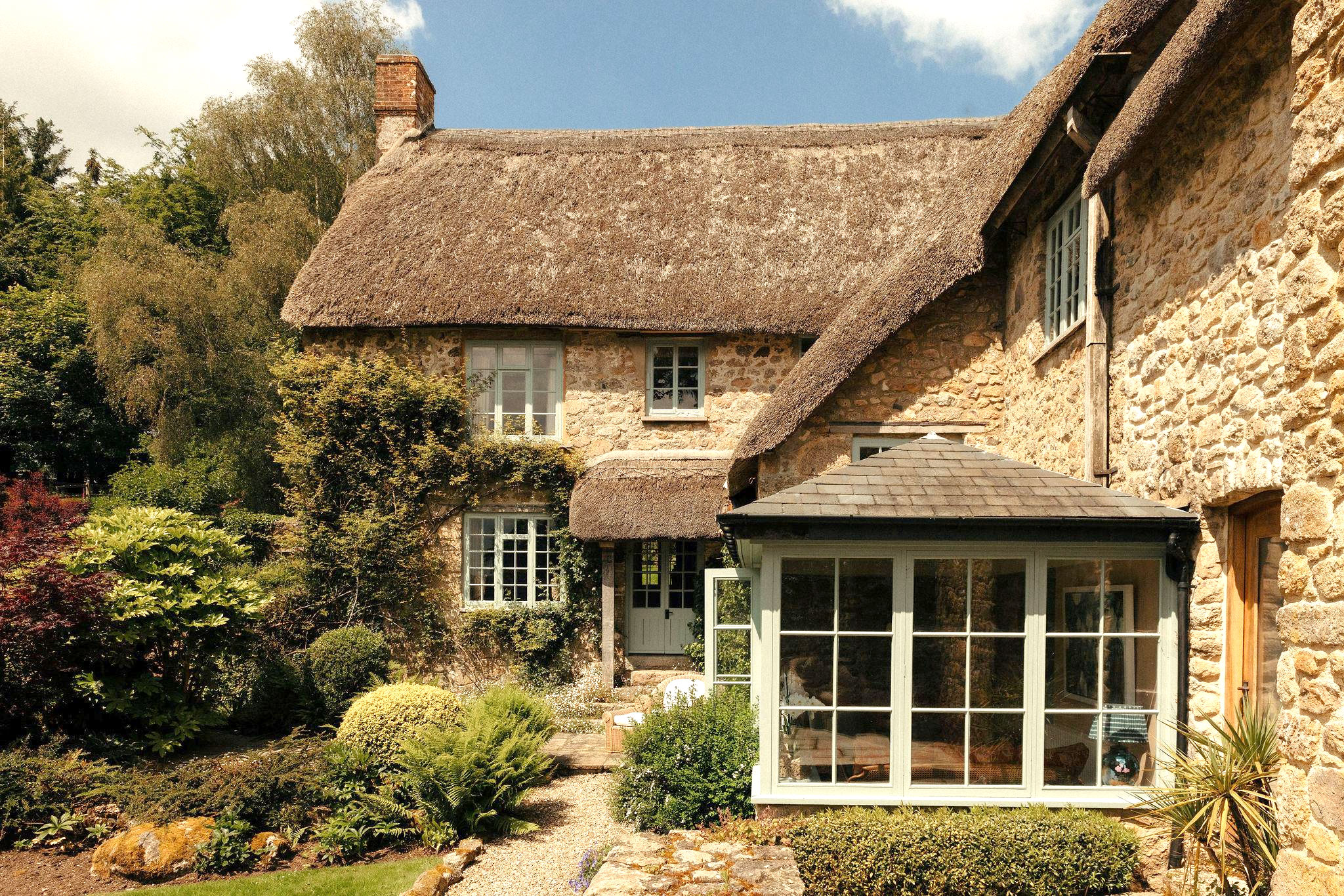 Five beautiful homes, from a barn conversion to an island treasure, as seen in Country Life
Five beautiful homes, from a barn conversion to an island treasure, as seen in Country LifeOur pick of the best homes to come to the market via Country Life in recent days include a wonderful thatched home in Devon and a charming red-brick house with gardens that run down to the water's edge.
By Toby Keel Published
-
 Shark tanks, crocodile lagoons, laser defences, and a subterranean shooting gallery — nothing is impossible when making the ultimate garage
Shark tanks, crocodile lagoons, laser defences, and a subterranean shooting gallery — nothing is impossible when making the ultimate garageTo collectors, cars are more than just transport — they are works of art. And the buildings used to store them are starting to resemble galleries.
By Adam Hay-Nicholls Published
-
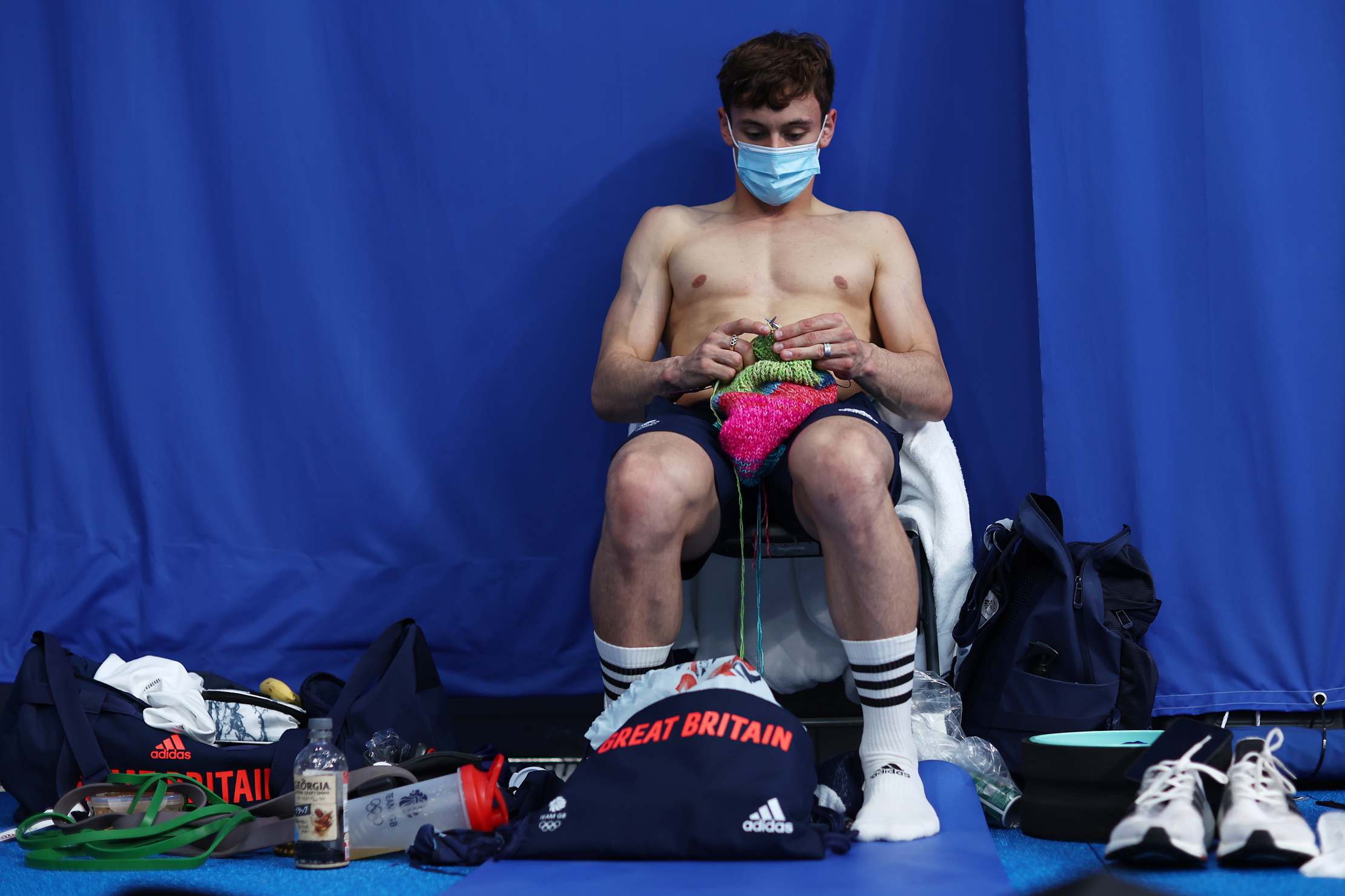 Is anyone more superstitious than a sports star?
Is anyone more superstitious than a sports star?When it comes to worrying about omens and portents, nobody gets quite so worked up as our sportsmen and women.
By Harry Pearson Published
-
 Everything you need to know about one of sport's most gruelling rivalries
Everything you need to know about one of sport's most gruelling rivalriesThis year's Boat Race is expected to play out to a global audience of 100million.
By Amie Elizabeth White Published
-
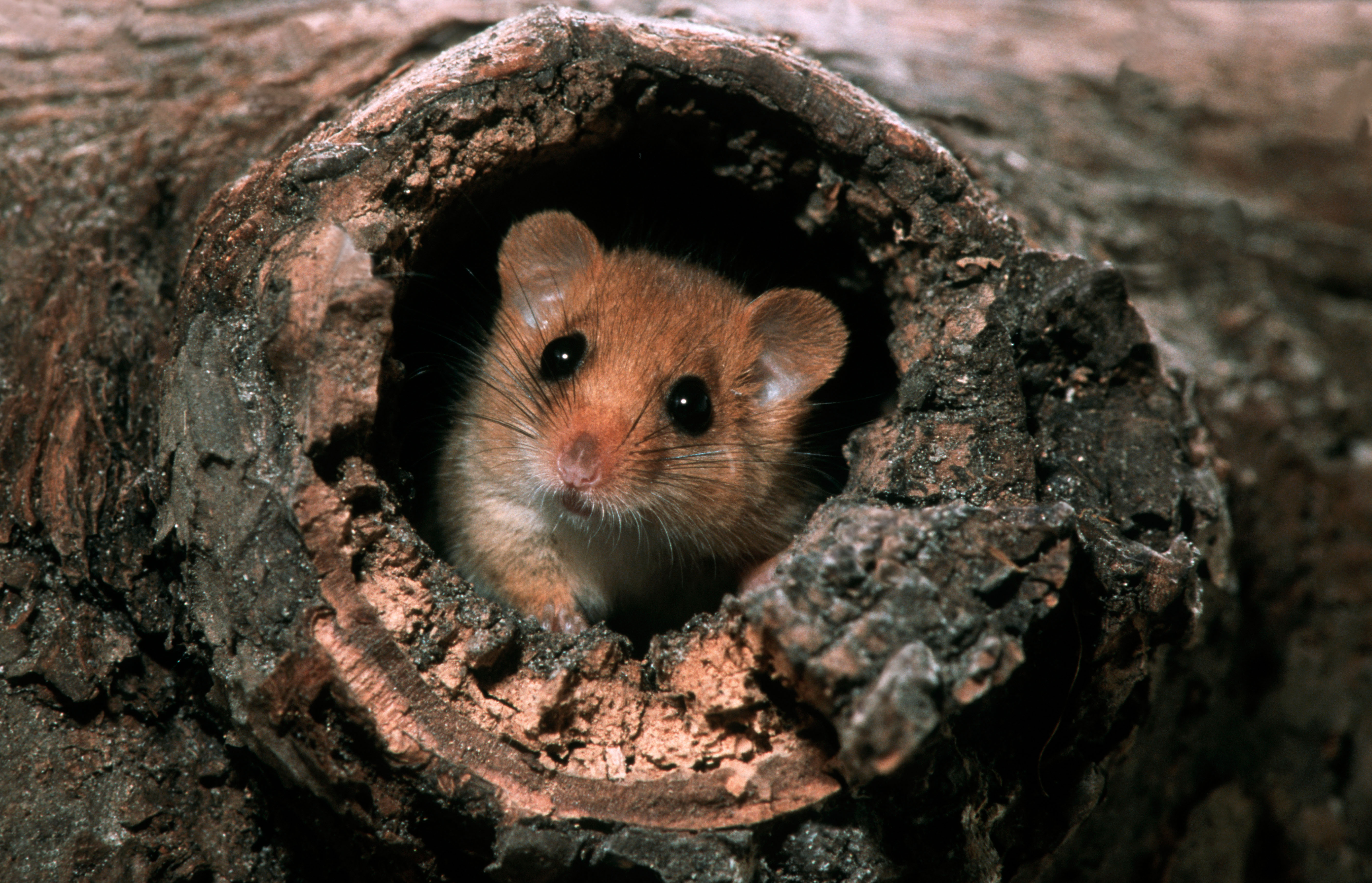 The humble hazel dormouse — 'the flagship species of the health of our countryside'
The humble hazel dormouse — 'the flagship species of the health of our countryside'The sleepy and very sweet hazel dormouse is one of Britain's rarest mammals.
By Jack Watkins Published
-
 The grass is always greener: Follow in the footsteps of Sir Andy Murray and play in The Giorgio Armani Tennis Classic
The grass is always greener: Follow in the footsteps of Sir Andy Murray and play in The Giorgio Armani Tennis ClassicThere’s no better time of year than the summer grass court tennis season.
By Rosie Paterson Published
-
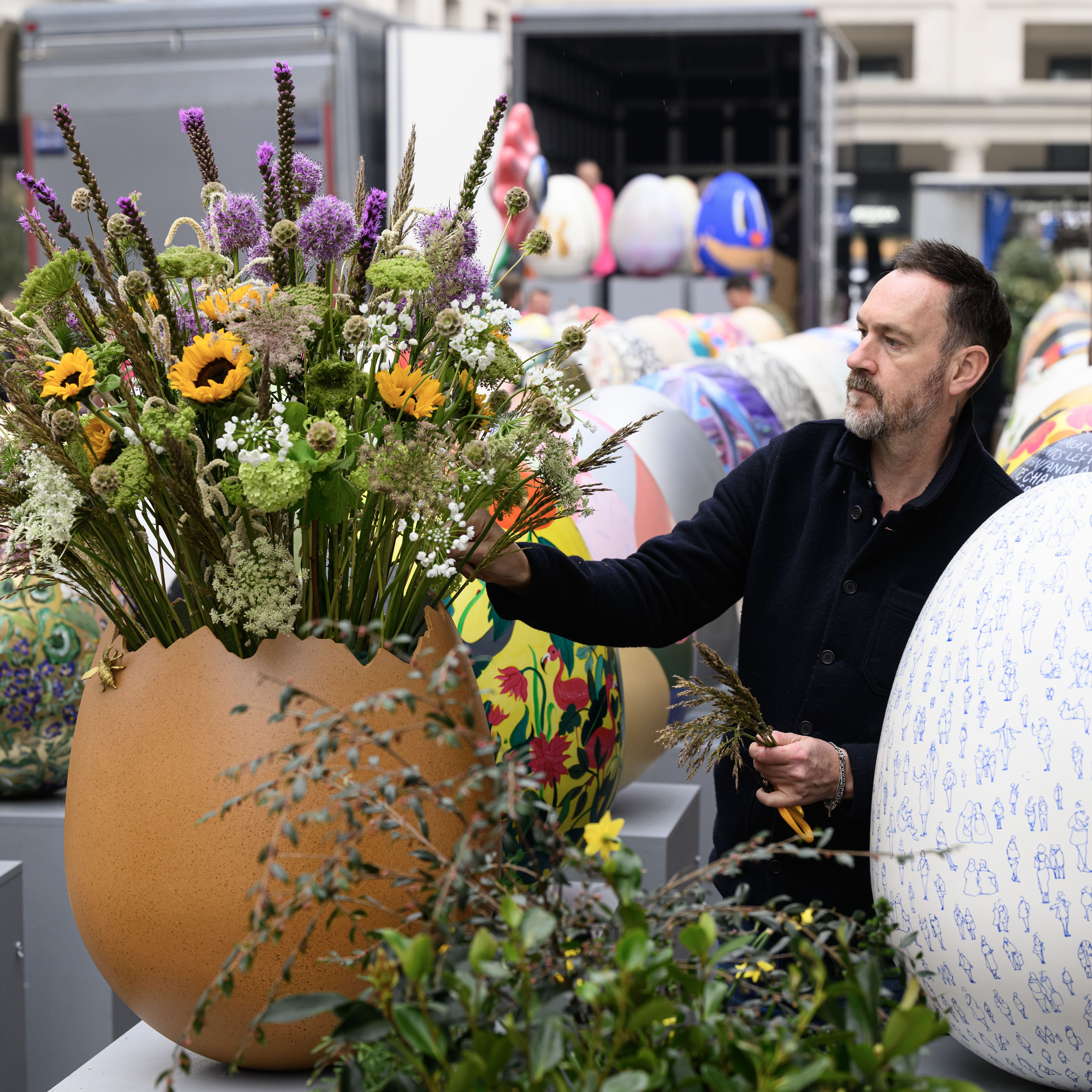 You've gotta catch them all: Everything you need to know about London's giant Easter egg hunt
You've gotta catch them all: Everything you need to know about London's giant Easter egg huntFortnum & Mason, Anya Hindmarch and Chopard are among the companies that have lent a creative hand.
By Amie Elizabeth White Published
-
 The UK gets its first ‘European stork village’ — and it's in West Sussex
The UK gets its first ‘European stork village’ — and it's in West SussexAlthough the mortality rate among white storks can be up to 90%, the future looks rosy for breeding pairs in southern England.
By Rosie Paterson Published
-
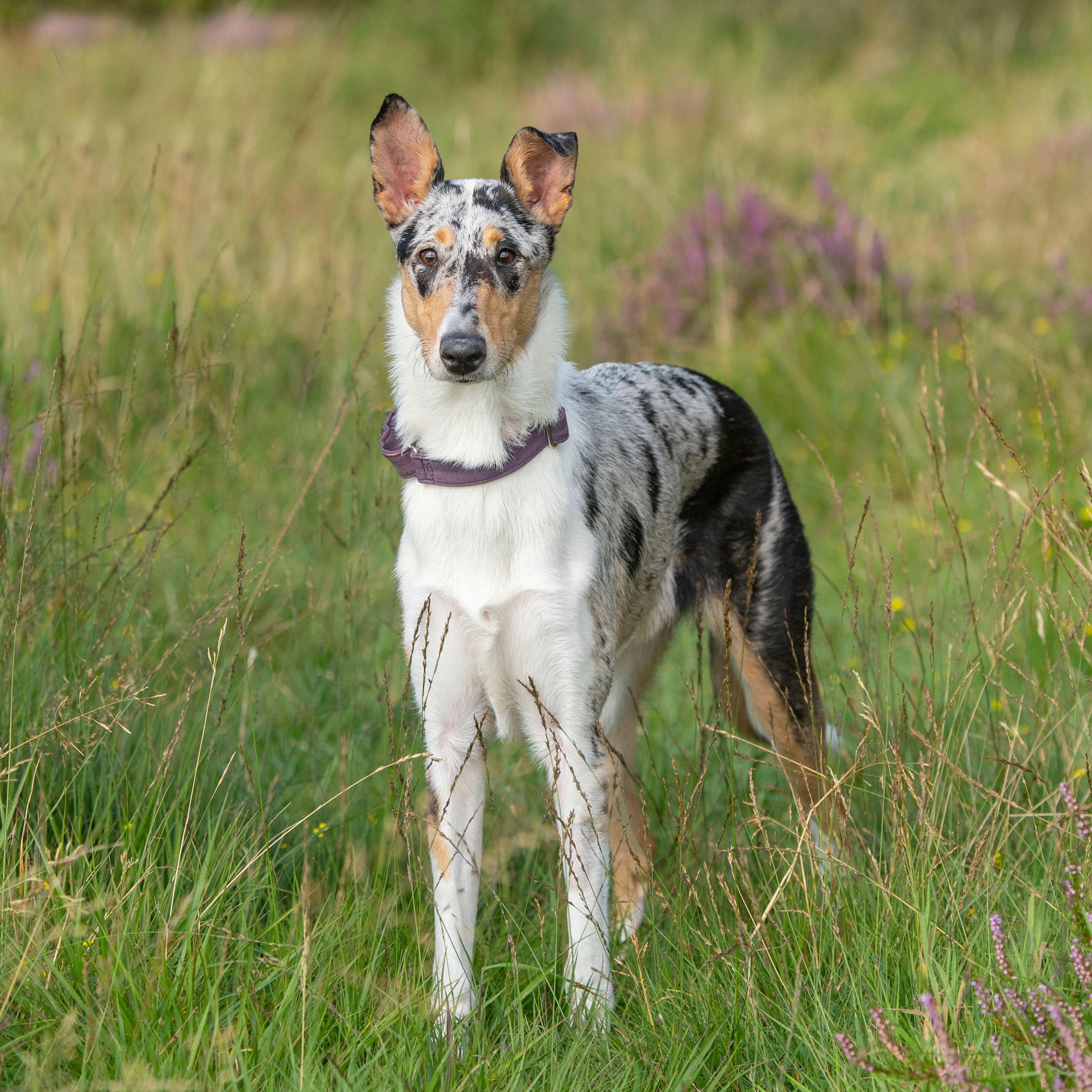 Can't you hear me S.O.S? Our treasured native dog breeds are at risk of extinction
Can't you hear me S.O.S? Our treasured native dog breeds are at risk of extinctionDo you know your Kerry blue terrier from your Lancashire heeler? A simple lack of publicity is often to blame for some of the UK's native dog breeds flying dangerously low under-the-radar.
By Victoria Marston Published
-
 The prestigious Saut Hermès was a tantalising taste of what to expect when Paris's Grand Palais reopens to the public in June
The prestigious Saut Hermès was a tantalising taste of what to expect when Paris's Grand Palais reopens to the public in JuneThe Grand Palais in Paris, France, has been closed to the public for extensive renovation works since 2021.
By Rosie Paterson Published